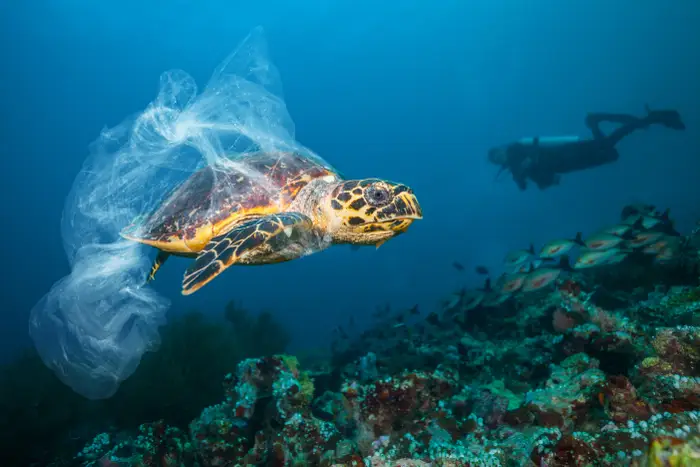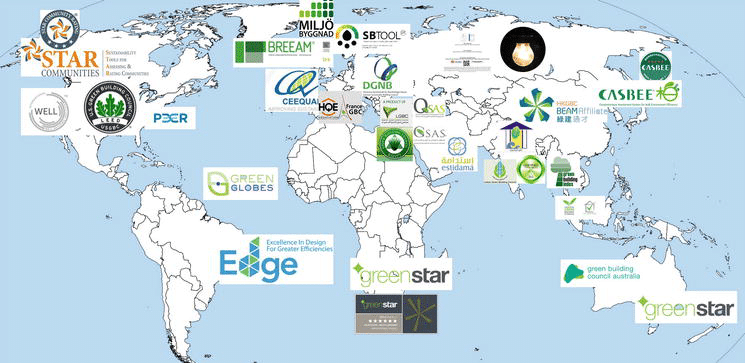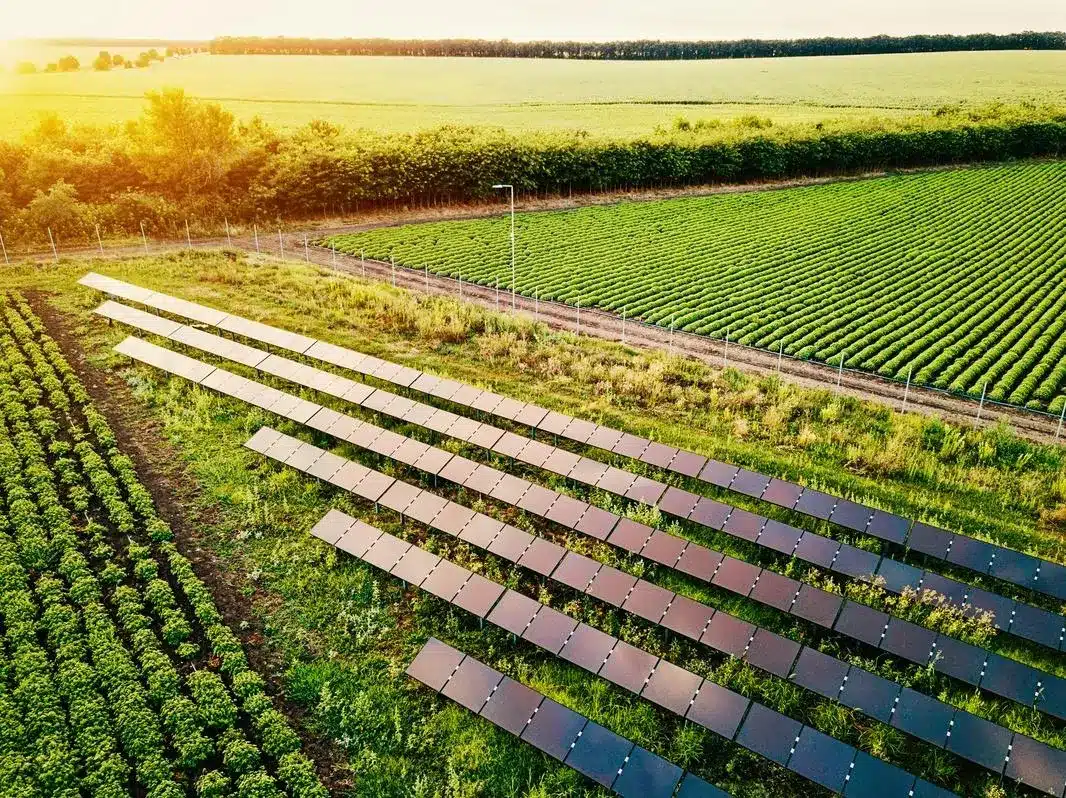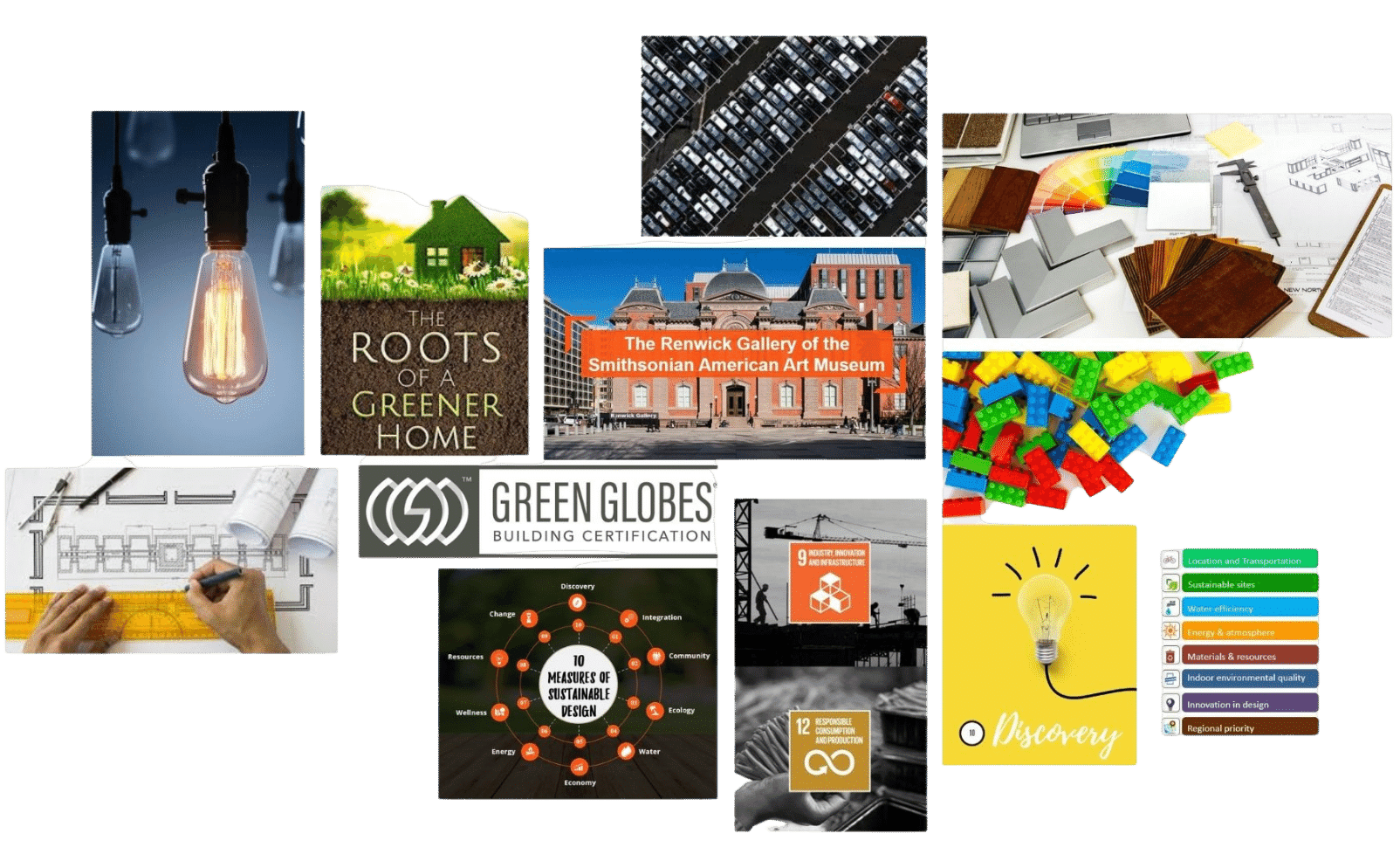In India, plastic waste has become a human and environmental hazard as it fills already overflowing landfills, turns beautiful beaches into trash dumps, harms marine and wildlife, and pollutes water and soil. Each day, 15,000 tons of plastic waste is created, and only 60 percent or 9,000 tons is recycled.
Several years ago, in response to what is the equivalent of a national emergency, the Indian National Green Tribunal proposed a country-wide ban on the items creating the most waste. Unfortunately, the proposed ban was not supported by any laws at the time, so companies were free to continue producing the plastic products and people could continue using and discarding them.
Without laws, innovative scientists in India approached the problem from a different angle. If people are going to continue using enormous amounts of plastic products, then how could more plastic be recycled and used in new ways? Recycled plastic roads was one of the answers.
Are India’s plastic roads the solution to world’s plastic waste epidemic? Learn more through this article written by Pooja Jain and Diana Webb.
What you will learn
- Understand the importance of tackling the problem of plastic waste
- Analyze whether India’s plastic roads the solution to world’s plastic waste epidemic
- Identify other countries adopting plastic roads
- Identify the benefits and side-effects of using plastic roads










